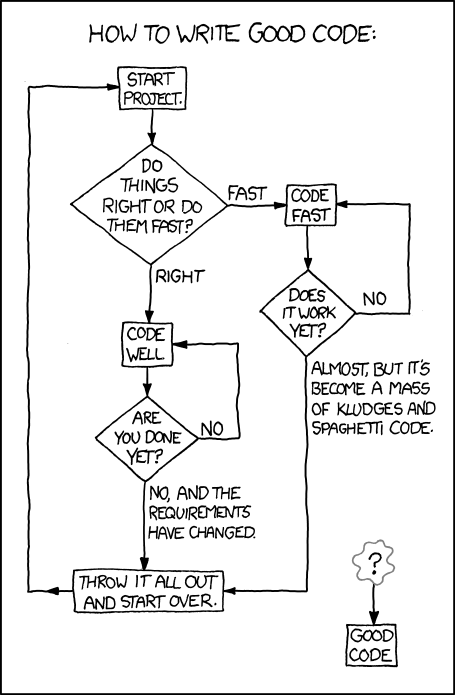Richy
VTOL craft Pilot
- Joined
- Nov 11, 2009
- Messages
- 322
- Reaction score
- 1
- Points
- 0
- Location
- ZG
- Website
- www.richmans-maps.ch.vu
He there
I recently got up with the idea, of writing some adventures which originated in orbiter to paper. It startet as a small project, and now is going bigger an bigger.
But I actually don't have any experience in writing - even reading - science fiction. I heard here on the forums are a lot of peaple, who have read a lot of SF literature, and even some who wrote.
I started writing from a first person perspective of the mission commander in present, but what I read so far, is in past from an observers view. Now I'm not sure, if this is really a good idea for a readable story, and hoping not to do some beginners mistake, I'm hoping for advice, or even opinions.
Thanks for helping me with a really silly question, but I'm a perfectionist, sorry.
May the bless all of us!
bless all of us!
I recently got up with the idea, of writing some adventures which originated in orbiter to paper. It startet as a small project, and now is going bigger an bigger.
But I actually don't have any experience in writing - even reading - science fiction. I heard here on the forums are a lot of peaple, who have read a lot of SF literature, and even some who wrote.
I started writing from a first person perspective of the mission commander in present, but what I read so far, is in past from an observers view. Now I'm not sure, if this is really a good idea for a readable story, and hoping not to do some beginners mistake, I'm hoping for advice, or even opinions.
Thanks for helping me with a really silly question, but I'm a perfectionist, sorry.
May the
 bless all of us!
bless all of us!
